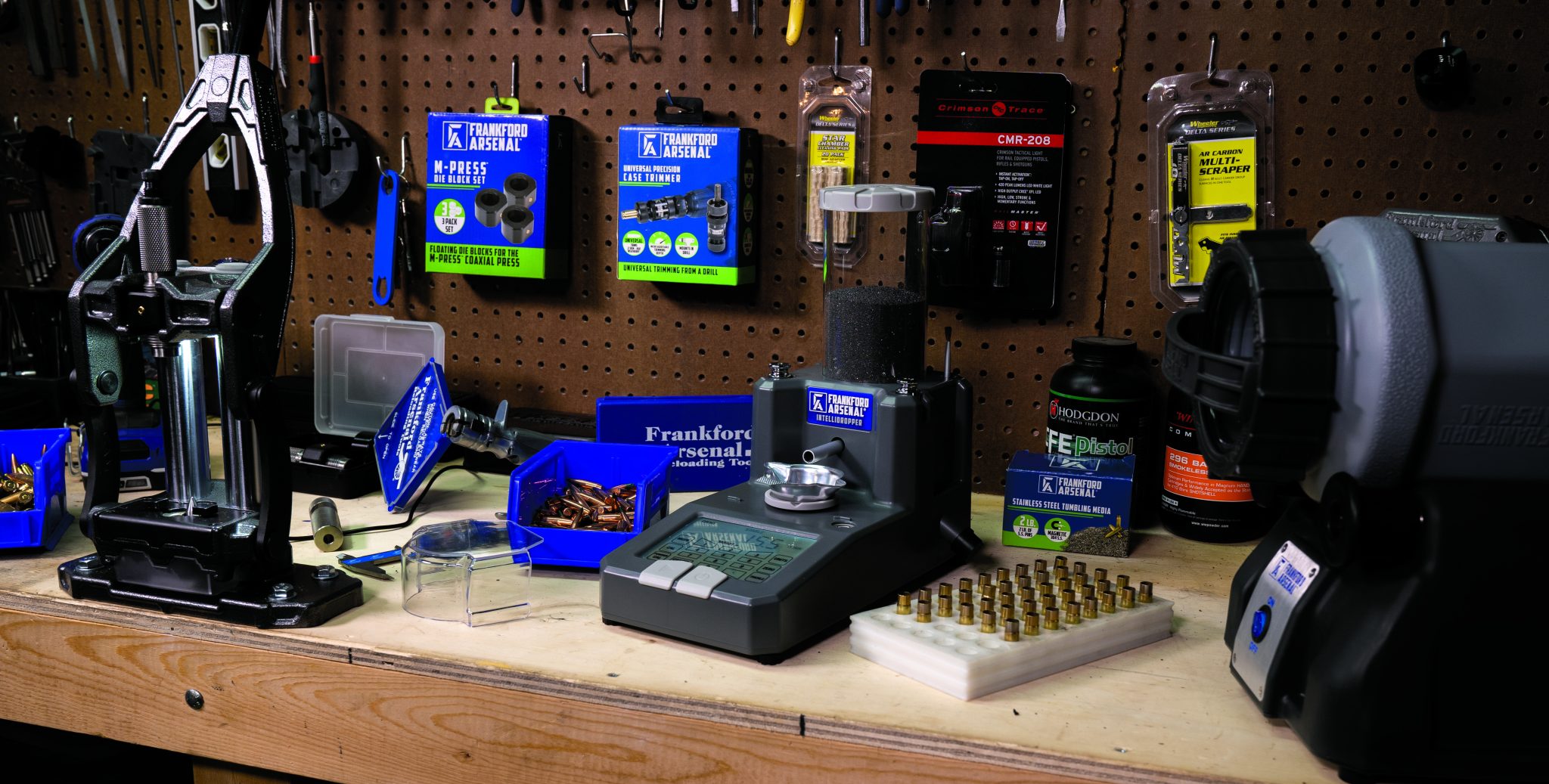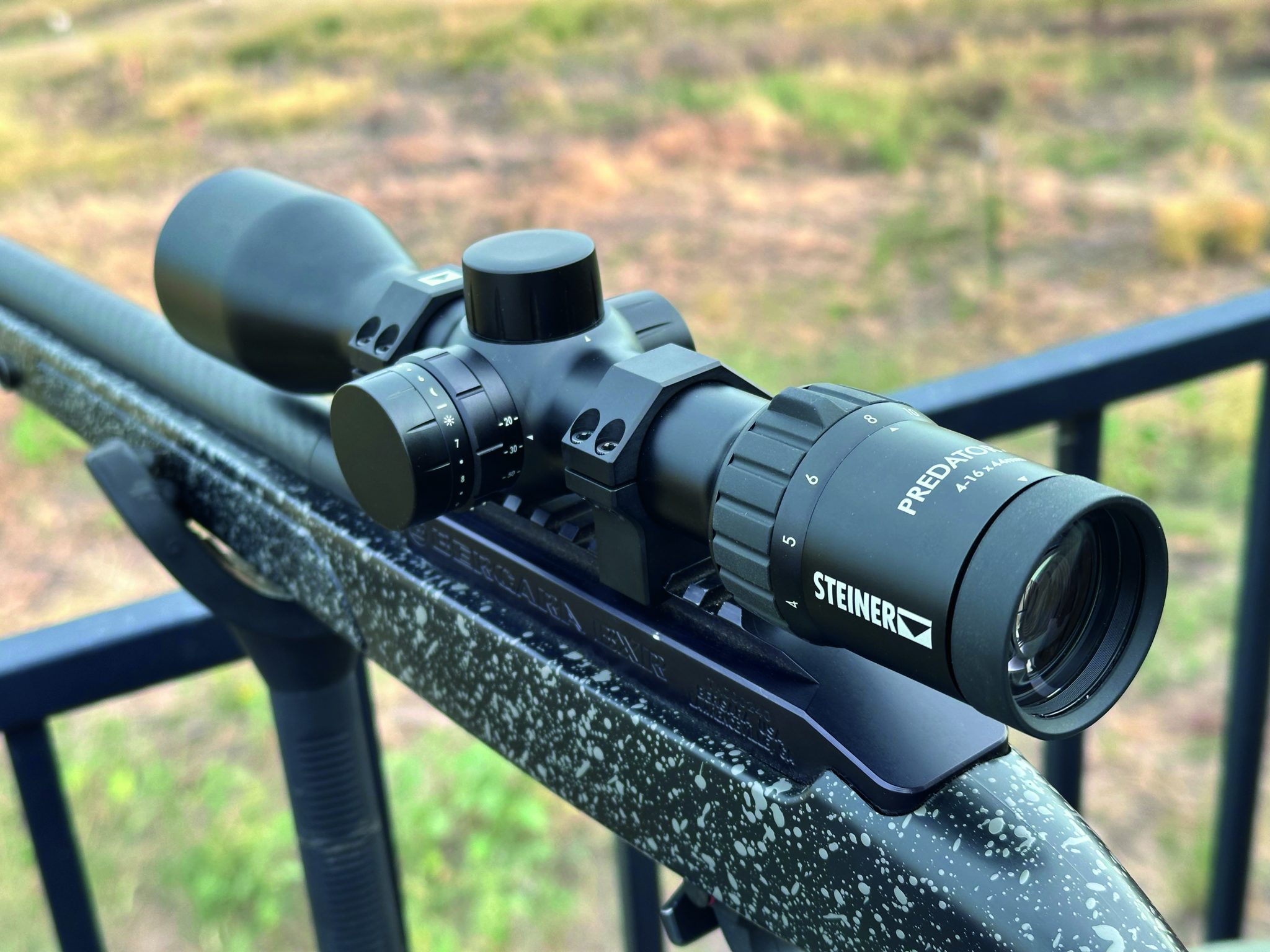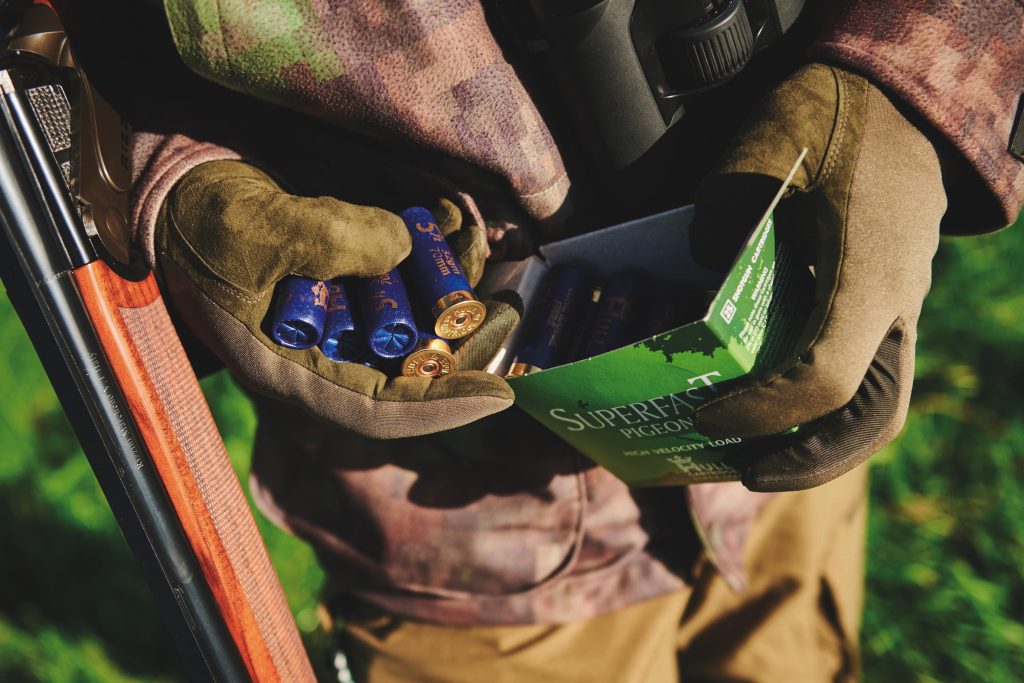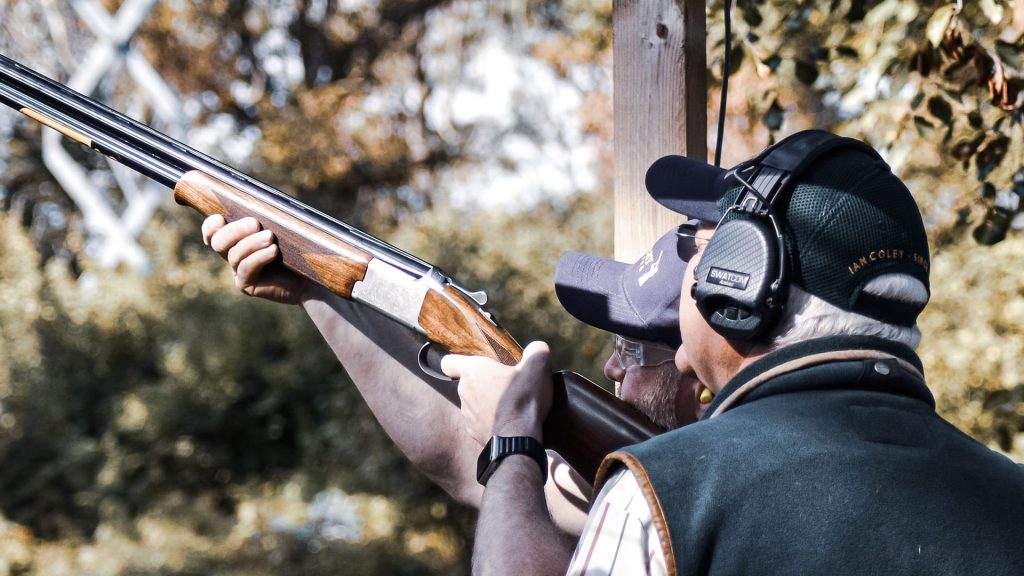The countdown is on for The British Shooting Show – book tickets online today and save on gate price!
How to make a complaint about a shoot
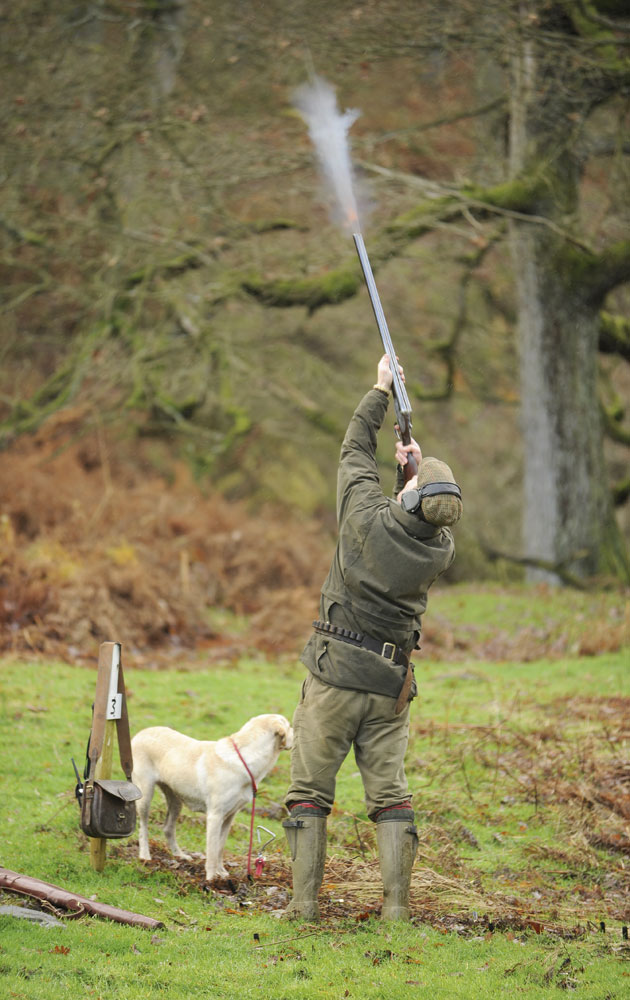
Our sport is possibly one of the most evocative of any pastime, and good memories from the season linger throughout the summer, sometimes enduring for years when a chance reminder brings the moment back to life again.
On the whole, we are very positive about our sport, and the casual, deferential expression “it’s just nice to be out” is a handy cover-all for a multitude of blank days and missed opportunities. Yes, it is always nice to be out, but there are times when even the most forgiving sportsman will feel a moment’s pique, often provoked by his fellow guns.
Labyrinthine etiquette
We have an incredibly complicated sequence of sporting etiquette in this country, and to an outsider the various behaviours which make up a day’s shooting must seem extraordinary. With typical British sensitivity, many of us are prone to cringe with embarrassment at the merest suggestion of a deviation from tradition and good form. We might tut to see a gun talking on their mobile during a drive, or wince when our neighbour admits to having “no idea” how many birds he has downed or where they might have fallen.
Not only are the codes complex and mysterious, but they vary according to the quarry in question. It is perfectly acceptable for a gun to shout a lusty “woodcock!” down the line to his fellows when one of those striped rascals breaks cover, but it is peculiarly irritating to hear “’ware” or “over” shouted down a line of butts as a lone grouse cock comes slicing past.
In truth, while the collective noun for a group of guns on the moor is a ‘team’, there is often nothing even faintly co-operative about the white-knuckled occupants of a line of butts. On August 12 each gun may have their determined jaw set, quietly cursing their neighbours as the coveys start to pick their line two or three butts away. Some of the most proficient grouse shots I have ever encountered operated on the startling basis that “poaching” was a non-existent concept; a mind-set that would not win many friends on a pheasant day.

We all have hundreds of happy shooting memories but we shouldn’t be shy and make a complaint if the need arises.
Perhaps more fundamentally, in this age of commercial shooting there are times when the structure of the day itself is enough to hit a sour note, and we have all come across situations or moments which have at the very least succeeded in raising an eyebrow. Shooting with friends and family, it is easy to bring up bothersome issues frankly and with a degree of good humour, but in the commercial environment it can be harder to tackle problems.
With ever-busier seasons and more numerous shoot days, the first sign of strain on a commercial shoot is the loss of a personalised experience. The process becomes so efficient and well-oiled that it sometimes loses its spark and individuality. While the birds may be beautifully presented in stunning surroundings, guns can start to feel like they are on a production line. Of course it is difficult to maintain a fresh enthusiasm for the job in hand after several weeks of shooting, but the guns soon pick up on a stale atmosphere in which beaters and keepers feel like they are going through the motions.
Some of the best keepers are as good at reading the guns as they are showing high birds, and they seem to effortlessly cover the dull mechanics of the day with a bit of gossip or a pause for coffee. We sometimes take this for granted, so that when it is absent, there is a dreadful clang. On a recent shoot I was standing with a team of guns as the best part of 200 pheasants were walked out of the rushes and shepherded up into the drive right before our noses. It was an unpleasant sight, but it amounted to little more than very overt dogging-in. We’re all aware that our shooting depends upon a carefully manipulated surplus of reared birds, but there is a crucial suspension of disbelief which a good keeper can cast over his guns to keep the illusion intact.
In that case, we could have paused for a sloe gin and arrived at our pegs 10 minutes later, suspecting what had happened but not having had to watch it. When the birds finally did come over, they flew beautifully, but the memory remained. In the same way, it is standard practice to keep a few call birds back when releasing red-legged partridges, but positioning the guns within sight of these little soft topped pens is stylistically clumsy, particularly when the inmates visibly ping around inside as the dogs and beaters approach.
Birds in transit
My personal bugbear is seeing huge quantities of pheasants standing around on public roads immediately after release, and it is grist to the mill for anti-shooting who take great delight in such demonstrations of apparent carelessness. Although it is inevitable some birds will find their ways onto the tarmac, the majority of pheasants lost to cars can be chalked up to poor shoot management.
Less obvious gripes can be had with the shoots which present immature cocks too early in the autumn, or attempt to ‘top up’ their birds as the season goes on. A certain amount of shuffling is surprisingly commonplace on large commercial operations, particularly with partridges. To a European or American audience, this is pretty standard practice, approaching in its extreme the “release ‘em on the day” tactics. We knowingly shoot a reared and released bird and we make no secret of it, but British game birds have several months to go where they please before the first shoot day, and it is the skill of the keeper that holds them to a cover. So the idea birds are being shipped around behind the scenes to the drives where they are needed is not altogether wholesome, even though it takes an experienced eye to spot it.
Financial issues
Linked to this in the commercial environment is the complaint of shooting the day’s bag too soon so guns are tempted into going over the agreed bag and are then required to pay for overages. Nobody would ever argue the keeper’s job is easy on a shoot day, but attention to the guns’ performance and controlling the beating line accordingly can give a keeper a surprisingly accurate idea of where the bag will go. Although the guns like to think it is their own keen marksmanship that fills the allotted bag by lunchtime, the responsibility for this error often lies solely at the keeper’s door. Even more unsettling is the recent appearance of billing the guns according to what they are deemed to have hit, rather than what they have brought to the bag.
Fortunately I have never seen a day governed by this rationale in person, but the mind boggles at the implications of paying for something that is not hanging up at the end of the day. Is it a measure which has evolved out of incompetent picking up? Crucially, why should the pickers-up bother to put in the extra legwork if the pricked bird which lies out for the foxes is as financially rewarding as the bird in the bag?
Silence is not the answer
Even putting pen to paper on this subject has been an awkward experience, but I’m sure readers of this article will be reminded of their own gripes and niggles. However, when it comes to self-criticism, we are a strange community. Political and popular threats to shooting over the past generation have given us a tendency to stand together in defence of our sport, and a hangover of this protective mechanism has meant we are strangely squeamish of piping up when we see something we do not like amongst ourselves. We can almost feel like we are betraying our sport by voicing criticism, particularly when we do it in front of a non-shooting audience. Combined with our innate British ability to silently endure irritation, this often means irksome problems are left unchecked to reappear time and again.
Everyone has different tastes and sensitivities, and one gun’s ideal day could well be another gun’s nightmare. Fortunately, there is such a huge range of different shoots in this country that everyone is sure to find something to suit their taste. But if British shooting is to remain the finest in the world, we might have to borrow something from our European neighbours; we might have to learn how to make a complaint.
Related Articles
Get the latest news delivered direct to your door
Subscribe to Shooting Times & Country
Discover the ultimate companion for field sports enthusiasts with Shooting Times & Country Magazine, the UK’s leading weekly publication that has been at the forefront of shooting culture since 1882. Subscribers gain access to expert tips, comprehensive gear reviews, seasonal advice and a vibrant community of like-minded shooters.
Save on shop price when you subscribe with weekly issues featuring in-depth articles on gundog training, exclusive member offers and access to the digital back issue library. A Shooting Times & Country subscription is more than a magazine, don’t just read about the countryside; immerse yourself in its most authoritative and engaging publication.




